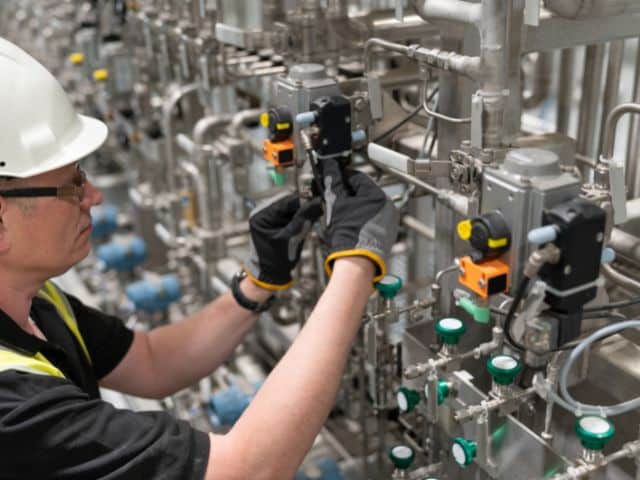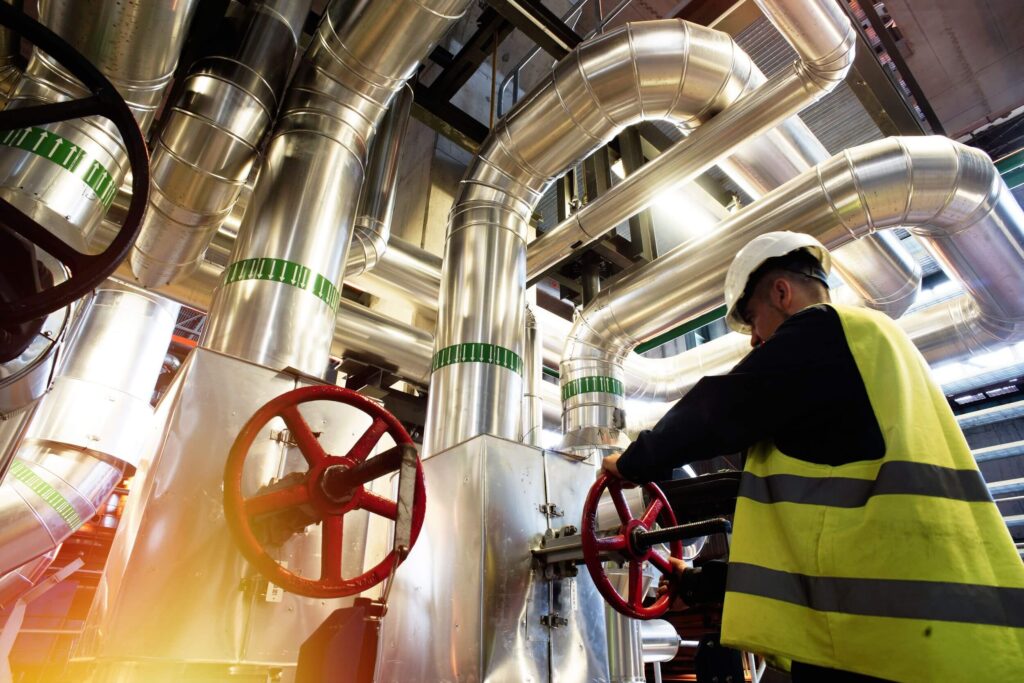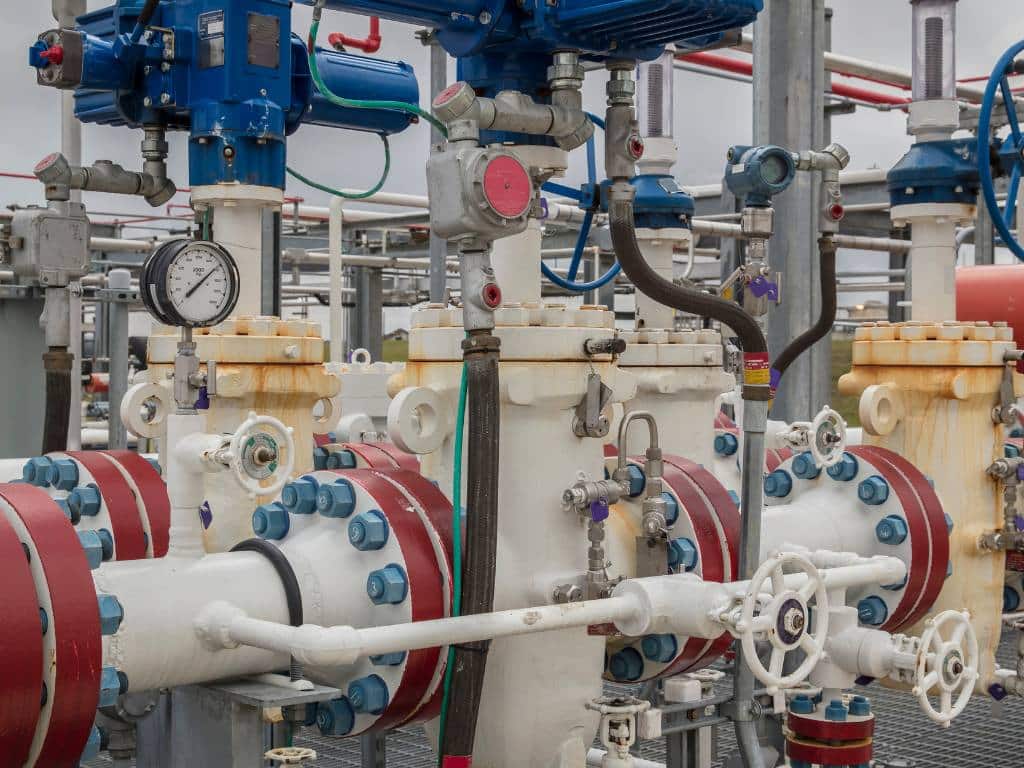Valves play a critical role in many industrial processes, controlling the flow of fluids, gases, and other materials. However, like all machinery, valves can wear out and malfunction over time, leading to downtime, reduced efficiency, and increased maintenance costs. Fortunately, industrial valve repair services can help keep your operations running smoothly by restoring damaged valves to full functionality.

What is an Industrial Valve?
An industrial valve is a mechanical device used to control the flow of liquids, gases, and other materials within a piping system. Valves can be manual or automated and come in a variety of shapes, sizes, and designs, each suited to a specific application. Some of the most common types of industrial valves include gate valves, globe valves, ball valves, butterfly valves, and check valves.
Why Repair Industrial Valves?
There are several reasons why industrial valves may need to be repaired, including:
- Wear and Tear: Over time, valves can become worn or damaged due to normal use, leading to leaks, decreased efficiency, and reduced performance.
- Corrosion: Corrosion can occur as a result of exposure to harsh chemical or environmental conditions, leading to valve failure.
- Improper Installation: Valves that are installed incorrectly can result in improper operation, leading to valve failure.
- Poor Maintenance: Neglecting to properly maintain industrial valves can result in the need for costly repairs or even replacement.
By repairing damaged or malfunctioning valves, you can improve the efficiency of your operations, minimize downtime, and reduce maintenance costs.

How Industrial Valve Repair Works
Industrial valve repair services typically involve the following steps:
- Inspection: The first step in repairing an industrial valve is to inspect it for damage or wear. This can be done using visual inspection, X-rays, or other diagnostic tools.
- Cleaning: The valve is cleaned and disassembled, removing any debris or buildup that may be causing problems.
- Repair: Based on the findings of the inspection, the valve is repaired or replaced as needed. This may involve welding, grinding, or other machining processes, as well as the replacement of worn or damaged parts.
- Testing: Once the valve has been repaired, it is tested to ensure proper operation and performance. This may involve a pressure test, flow test, or other types of test depending on the valve and application.
- Reinstallation: The valve is reinstalled and reconnected to the piping system, ready for use.

Benefits of Industrial Valve Repair
There are several benefits to repairing industrial valves, including:
- Improved Efficiency: By repairing damaged valves, you can restore proper flow control and improve the efficiency of your operations.
- Reduced Downtime: Repaired valves are less likely to malfunction, leading to reduced downtime and improved productivity.
- Lower Maintenance Costs: By repairing valves, you can avoid the need for costly replacements, reducing maintenance costs and improving the bottom line.
- Extended Life: Repaired valves are less likely to fail, leading to extended service life and reduced maintenance needs over time.
- Environmentally Friendly: Repairing valves instead of replacing them can reduce waste and conserve resources, making it a more environmentally friendly option.
Choosing an Industrial Valve Repair Service
When it comes to industrial valves, proper maintenance, and repair are crucial for the smooth operation of your equipment and for ensuring the safety of your employees. Choosing the right industrial valve repair service can be a daunting task, but by considering a few key factors, you can make an informed decision that will keep your valves functioning at their best.
Expertise and Experience
Look for a repair service with a solid track record of experience and expertise in repairing industrial valves. Make sure that they have a team of certified technicians and engineers who are knowledgeable about different types of valves and their repair methods.
Quality of Work
Choose a repair service that has a reputation for providing high-quality workmanship. Ask for references or case studies to see how they have handled similar repairs in the past and how successful they have been.
Availability of Parts
Make sure that the repair service you choose has access to high-quality, genuine parts. This will ensure that your valves are repaired with the best possible materials and that they will last for years to come.
Turnaround Time
In many industrial settings, downtime is a major concern, so it’s important to choose a repair service that can work quickly to get your valves back in service. Look for a service that can provide an estimate for the repair time and stick to it.
Communication
Good communication is key to a successful repair. Choose a repair service that will keep you informed about the status of your valve repair, what’s causing the issue, and what steps they are taking to fix it.
Cost
Last but not least, consider the cost of the repair. While it’s important to choose a repair service that is reasonably priced, keep in mind that the cheapest option may not always be the best. Look for a service that offers competitive pricing and quality workmanship.
By considering these factors, you can choose an industrial valve repair service that will meet your needs and keep your equipment running smoothly. With the right service, you can be confident that your valves will be repaired properly and that they will last for years to come.
Meanwhile, If you do not have experience in related industrial valve repair, you can contact THINKTANK’s sales representatives, we have distributors and agents in 42 countries and can help you solve problems on-site.





